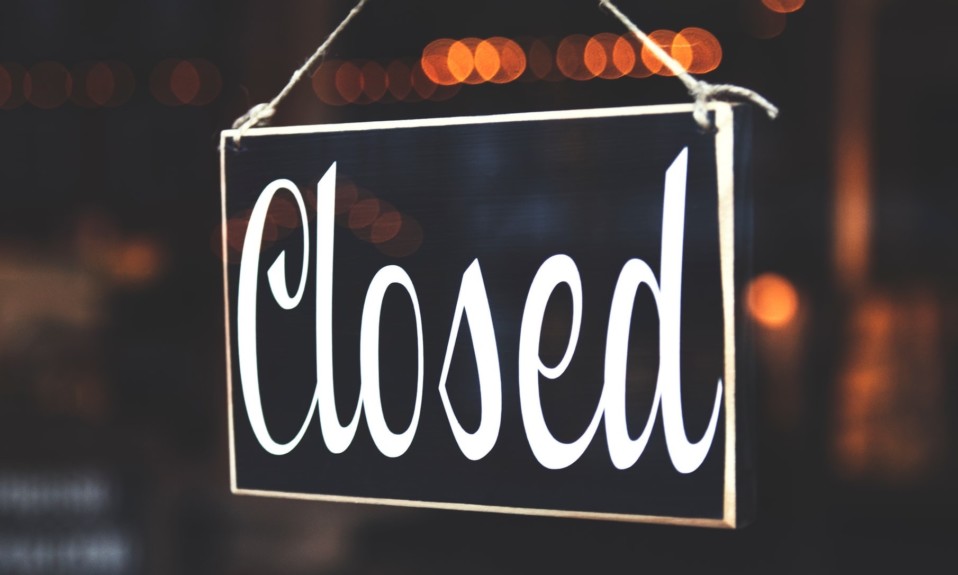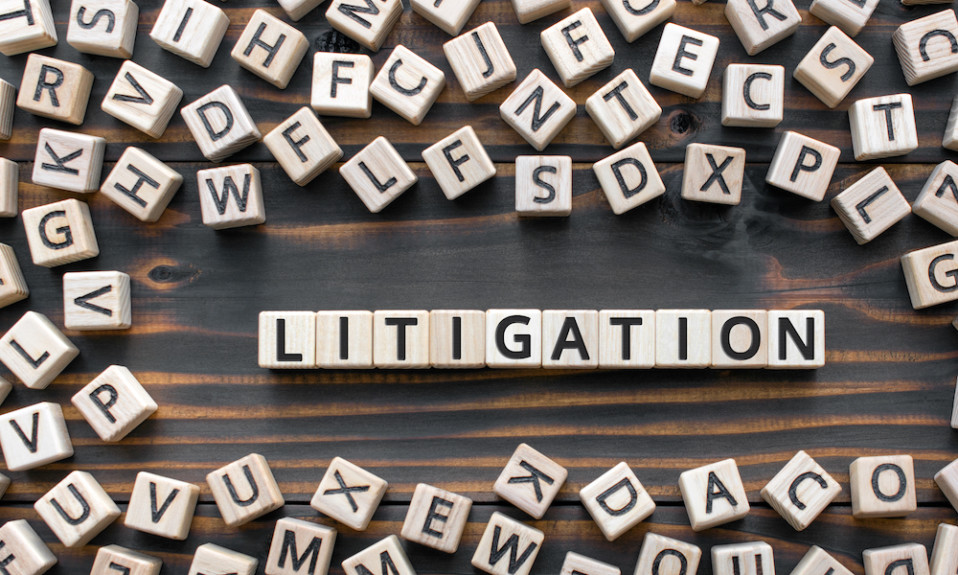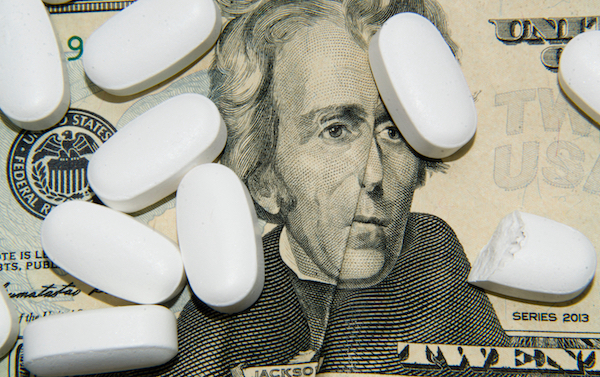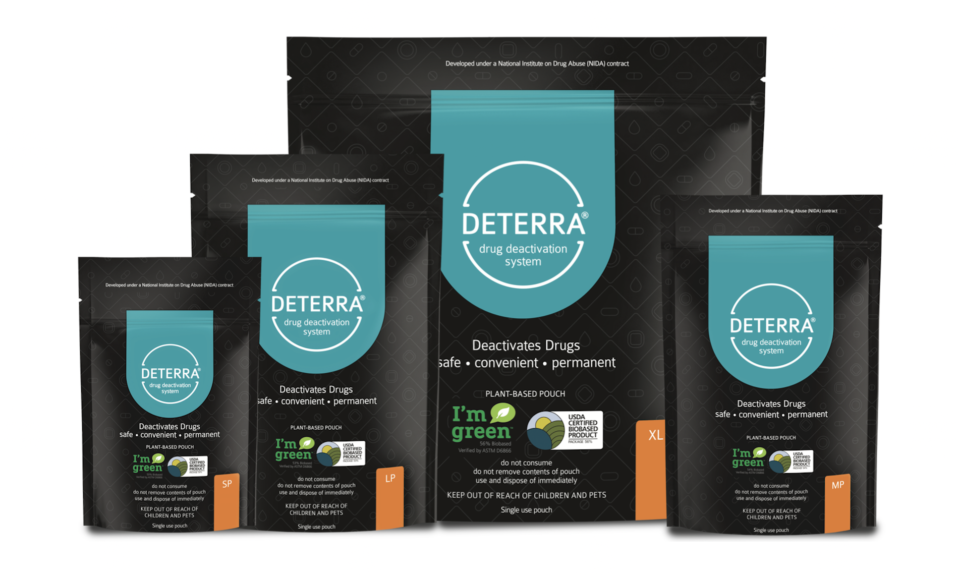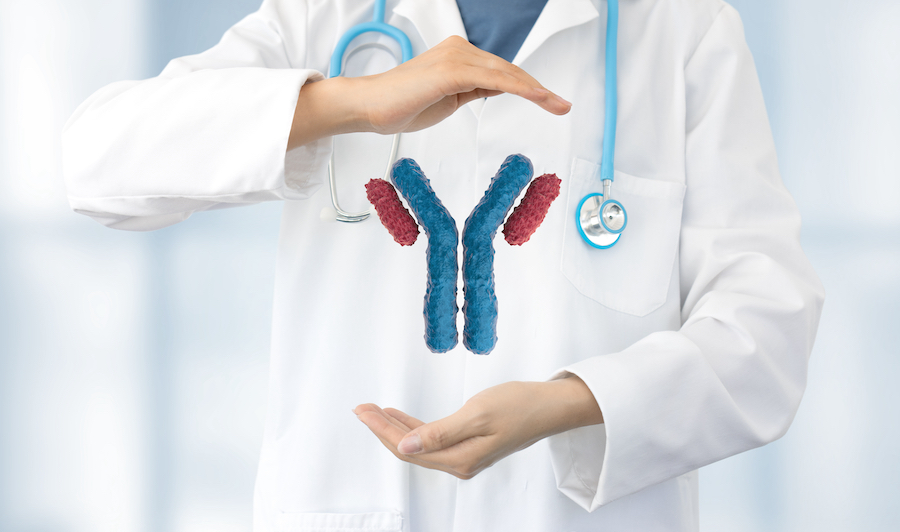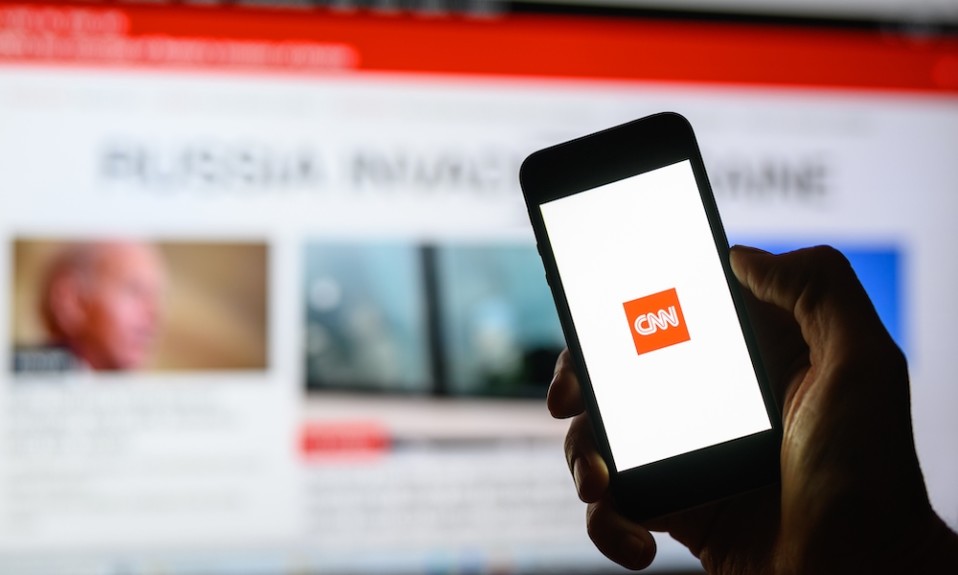Treatment advocates hope the company’s agreement to leave the U.S. opioid business will set a precedent for future litigation
By Jason Langendorf
In what could prove to be a watershed moment in the fight against opioid addiction, Johnson & Johnson has agreed to a $263 million settlement with the state of New York and two of its counties, and has announced it will no longer distribute opioids in the United States.
On June 26, the office of New York attorney general Letitia James released a statement outlining the terms of the state settlement, which includes a $230 million payout and the barring of J&J and all of its subsidiaries, predecessors and successors from manufacturing or selling opioids anywhere in New York.
“The opioid epidemic has wreaked havoc on countless communities across New York state and the rest of the nation, leaving millions still addicted to dangerous and deadly opioids,” said James. “Johnson & Johnson helped fuel this fire, but today they’re committing to leaving the opioid business—not only in New York but across the entire country.”
At least half a million Americans have died from an opioid overdose since 1999, and the effects of the COVID-19 pandemic have led to a spike in that rate over the past year.
This is not a speeding ticket. This is, ‘Stop—you’re out of business.’ And that sends a different message than some of the opioid settlements we saw in 2007, 2008.”—Courtney Hunter, Shatterproof
Details of the Johnson & Johnson Settlement
As part of the settlement, Johnson & Johnson will pay $230 million over nine years to resolve claims against it by New York state (plus another $33 million to settle with Nassau and Suffolk counties). In its own statement, the company announced that the settlement is “consistent with the terms of the previously announced $5 billion all-in settlement agreement in principle for the resolution of opioid lawsuits and claims by states, cities, counties and tribal governments.”
The agreement effectively removes J&J from a trial set to begin today on Long Island—a suit involving other major opioid manufacturers and distributors (including Purdue Pharma and McKesson Corporation) that, in a first of its kind, will be litigated before a jury.
Under the most aggressive payment structure, some $134 million—more than half the settlement—would be paid to the state as soon as February 2022. The initial proposal called for an 18-year payment rollout, according to Courtney Hunter, vice president of state policy for the addiction nonprofit Shatterproof. She says that tightening the schedule is “significant” in terms of meeting the opioid crisis head-on and delivering resources to a population that can’t afford to wait.
“To have an individual state do this right now is incredible,” Hunter says. “And the money is so, so sorely needed right now to save lives.”
Hunter says the most critical piece of the settlement will be decided by June 30, when the deadline runs out for New York governor Andrew Cuomo to sign a bill that would create a “lock box” securing any funding from state opioid settlements. The initiative would not only require J&J to pay another $30 million as part of its settlement, but it would also ensure that the settlement money isn’t reallocated.
There is cause for concern: After James helped secure $32 million for the state of New York in an agreement with the management consulting firm McKinsey & Company in February, Cuomo reportedly earmarked $11 million for addiction treatment services to the state’s prison system and then funneled the remainder of the settlement into the state’s general budget fund.
“To see that happen again would be a travesty of colossal proportions,” Hunter says. “The AG’s office is supportive of the bill and setting up a separate fund, so I hope the governor does the right thing.”
My hope is that this verdict will keep this conversation at the forefront of the medical community and encourage physicians to be mindful of their prescribing practices.”—Lawrence Weinstein, American Addiction Centers
What the Settlement Means for the Future
Although Johnson & Johnson claims that the settlement “is not an admission of liability of wrongdoing by the company,” some experts are encouraged by the precedent it sets—legally and clinically.
“My hope,” says Lawrence Weinstein, M.D., chief medical officer at American Addiction Centers, “is that this verdict will keep this conversation at the forefront of the medical community and encourage physicians to be mindful of their prescribing practices.”
Hunter says the J&J settlement is important not just in terms of securing funds for treatment, prevention and education, but also for finally holding opioid manufacturers and distributors accountable.
“This is not a speeding ticket,” Hunter says. “This is, ‘Stop—you’re out of business.’ And that sends a different message than some of the opioid settlements that we saw in 2007, 2008. Remember, this is not a new thing. But those were speeding tickets, and they allowed them to continue doing business. These are, effectively, ‘You had your chance—you did not do the right thing, and now we’re taking you out of the game.’”
Photo: Tim Mossholder


